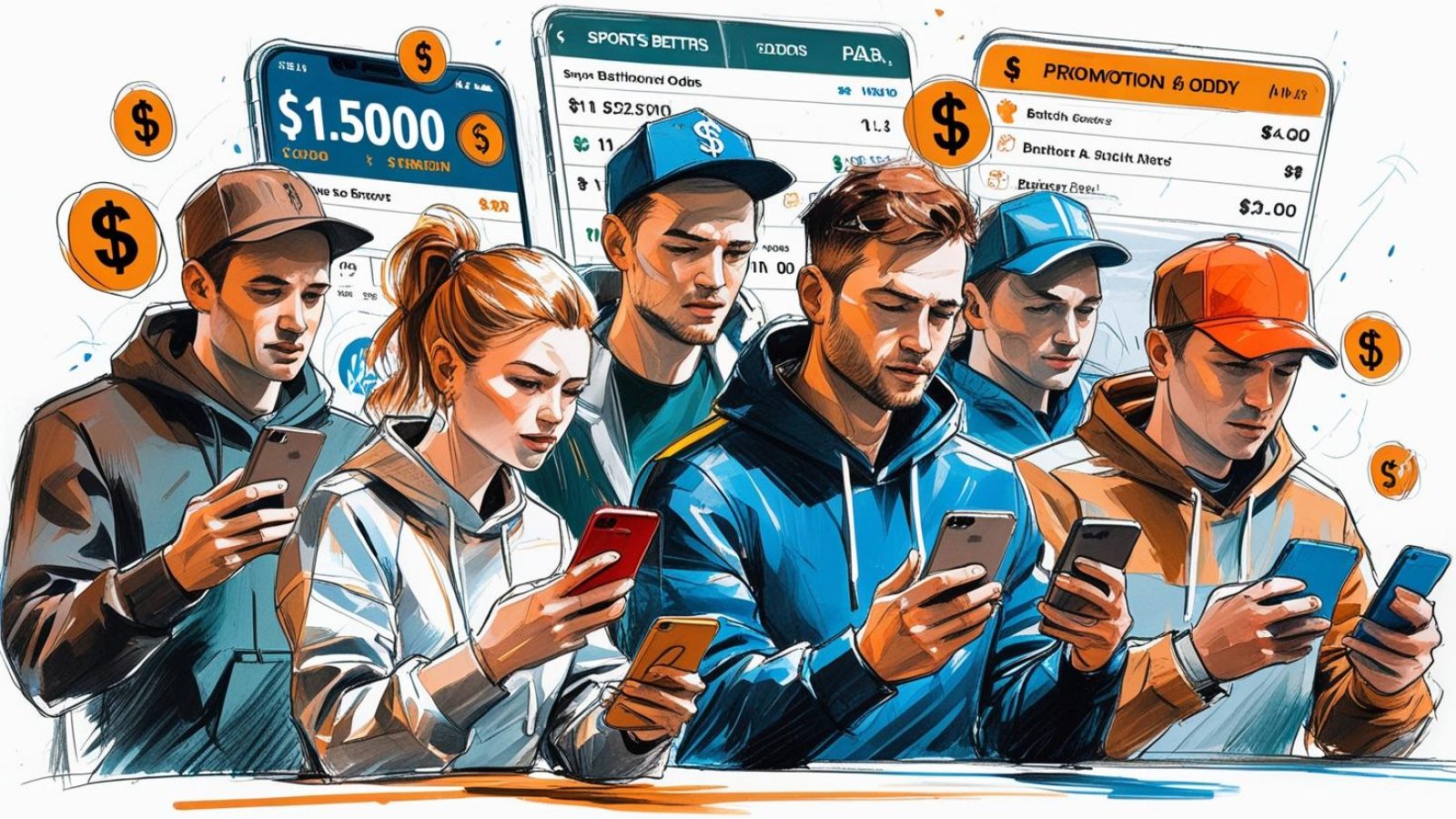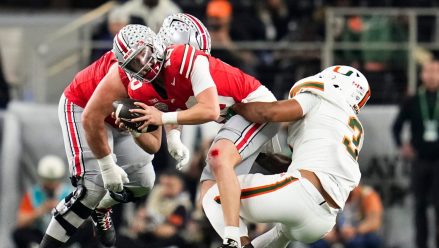Artificial intelligence panics entire work forces. It can help students cheat on term papers and professors attempt catch those who try. It jams social feeds with AI slop and ads for T-shirts we don’t need … but buy anyway.
And while some sectors of the gambling industry use it to perfect lines, flag betting irregularities, or advance responsible gambling initiatives, another is honing it to put the bets that sportsbooks think bettors want in front of them. Like those T-shirts. It’s all part of recruiting and keeping customers long-term.
But debate continues within the gambling industry as to the extent that a system designed to identify and capitalize on patterns should be utilized in a potentially addictive pastime. Massachusetts already forbids its use in targeting gambling customers, but most regulators in the United States and Europe are simply suggesting blueprints with non-industry-specific guidelines. The International Gaming Standards Association Ethical AI Standards Committee has just taken up the task.
Meanwhile, a study by University of Florida researcher Nasim Binesh, Ph.D., noted the potential harm AI could pose in exacerbating but also diagnosing and mitigating gambling addiction. It urged AI-programmers and the gambling industry to collaborate on best practices when dealing with at-risk populations.
“Ironically,” Binesh wrote in the study, “the lack of AI regulation could stifle the very innovation it seeks to foster,” Binesh said. “Ethical controversies and backlash against these unregulated practices might lead to more restrictive policies and hinder AI advancement. These types of unregulated environments can also deter responsible innovators who are crucial for sustainable and ethical industry growth.”
Gambling companies still need customers, though, and AI will remain a part of finding and pleasing them until its no longer allowed. InGame spoke with Tomer Imber, the senior sales director at Optimove — a business-to-consumer marketing technology firm — about how the consumer side of the gambling industry is utilizing AI.
Asked about the growth of microbetting, he summed up the current push and pull of AI’s use in the gambling industry, and how it can’t be about finding new ways to spam bettors.
“People don’t want to feel that someone is trying to get more money out of them or put them into a place where they’re betting on something that they’re going to lose their money on,” he said.
Below, Imber addresses questions about player acquisition and retention, how AI could help gambling companies evolve, and whether AI may level the playing field between big and small operators.
InGame (IG): What part does AI play in acquiring and retaining bettors?
Tomer Imber (TI): AI is definitely a new frontier for many operators to increase their level of personalization and ability to understand and predict who their players are and how they’re going to behave.
Everybody knows how to send a message, how to send a push notification, how to send an email to the player. It’s very easy to throw a promotion there as well.
But if you want to be profitable and if you want to build a sustainable business and you want to retain your customers while you do so, you really have to be able to dive into the player’s profile and your database and just better analyze and understand how to communicate with the customers because of their behavior.
IG: How could AI transform gambling companies?
TI: We talk a lot about this idea of “positionless marketing,” this idea that AI allows the marketing manager today to basically break all the silos between their data and their content writing and all of that together, and to basically be an all-in-one marketing person that is able to understand it all.
For me, this is the next generation, this idea of what used to be different teams within the operators that are trying to analyze the data and then push it off to run a campaign. You have to create a design. You have to personalize the content. It’s a long process that could [take] days if not weeks to execute on. And there’s a lot of, like, friction running between teams. All of that now could be broken down and happen through one consolidated team using this idea of positionless marketing.
For me, the next frontier is all powered by AI decision-making and AI content-creation and the ability to analyze your data better with AI.
I’m always worried about using AI because it can be a lot of things and all-or-nothing. But I really think that today it’s at a point where it can really transform organizations and teams into a much better, more productive, and more sophisticated version of themselves.
IG: Could aptitude at using AI help start-ups compete against the market-leader operators like DraftKings and FanDuel?
TI: Absolutely. I think that’s exactly it. [When] one of them unlocks AI, that really opens up the opportunity for smaller teams to perform at a much higher scale and a more sophisticated level. But it’s not to say that the bigger ones are not adopting AI and capabilities around that.








